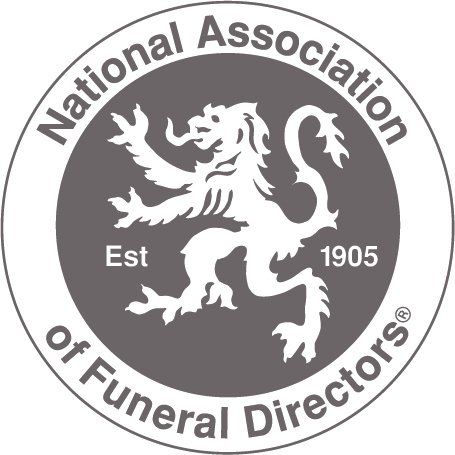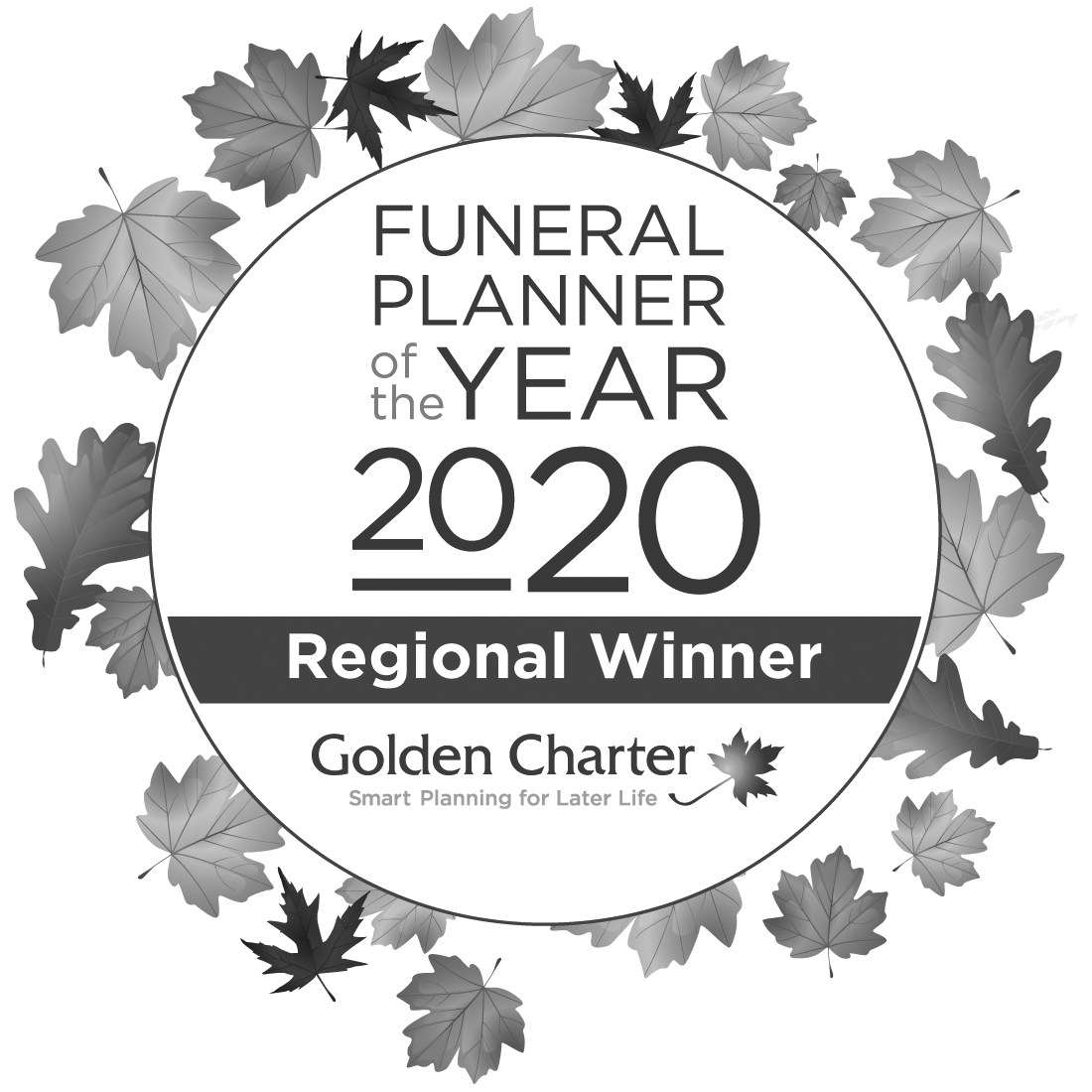Funeral Arrangements
Losing a loved one is one of life's most devastating experiences. We know and understand your heartache and pain, and will be here to comfort you in your time of need. When arranging a funeral service, a situation you may not have experienced previously, it can be a daunting time to ensure they receive the final farewell they truly deserve. Our family team are here to support and advise you throughout and will continue to be there whenever needed.
We will guide you through every little detail, advise you of all the options and choices available and working with you to arrange a funeral that is personal to your family and an honorary celebration to your loved one's life. For some, a simple funeral is all that is required, whilst others prefer a more elaborate service.
The person making the arrangements must have the authority of the family to do so and be able to make decisions and give instructions, as they will be responsible for the decisions made.
We can meet to discuss the arrangements in our family rooms at any of our branches, your home or a location of your choice, such as a solicitor’s office or friend’s home.
DECISIONS YOU WILL NEED TO CONSIDER ARE:
- Burial, Cremation or Repatriation
- Coffin, casket and urn selection
- Dressing of a loved one in own clothes or robe
- Where your loved one should rest prior to the funeral
- Where the funeral is to be held
- Religious or secular service
- Music and/or hymn choices
- Order of service booklets and/or memory cards
- Who is to conduct and speak at the funeral service
- Whether to have floral tributes or donations to charity
- Who should be informed of the death
- Newspaper notices
- What costs are appropriate
Arranging a funeral is a unique opportunity to celebrate the life of a loved one and our caring and professional team will be available to guide and advise you throughout. Feel free to call them to discuss your thoughts, concerns and wishes.
We will make arrangements on your behalf with ministers, clergy, cemeteries and crematoria, as well as other third parties as required. Our aim is to support the families we serve during what is already a very difficult time.
We will provide a fully itemised estimate of costs and work with each individual to create a fitting farewell. Our experienced staff are available 24 hours a day, seven days a week.
We pride ourselves in looking after your loved one with care, dignity and respect at all times.
What to do when a death occurs
CMA Standardised Price List
Coffin & Casket Collection
Ashes Caskets, Scatter Tubes & Keepsakes
Ashes Into Glass Jewellery & Keepsakes
Frequently Asked Questions
- Is George Simnett Family Funeral Directors a privately owned company?
Yes, George Simnett Family Funeral Directors is an independent family run business.
- Does George Simnett Family Funeral Directors organise everything?
We like to take care of all the arrangements for you. We will organise what is discussed and agreed during the arrangements, whether that be flowers, catering, obituaries, churches or ministers.
- Do I sit down and plan my relatives funeral in conjunction with the funeral director?
Before we make the funeral arrangements, it is helpful if you have had a chance to think about the funeral with your family. Even if you know it’s a burial or cremation. We will help you to arrange a unique funeral, personal to your loved ones life.
- Can a member of the family read a eulogy/tribute or read out a special message?
Yes and we encourage it because it makes the service very individual. The more involvement from the family, the more personal the service will be.
- Where is my loved one taken between the time of death and the funeral?
If your loved one passed away at their home, care or residential home, they will be taken to one of our Chapels of Rest, but only when the death has been verified by a doctor or nurse. If they passed away in hospital, they will be looked after by the hospital mortuary and then to our Chapel of Rest once all the legal paperwork is completed.
- When can I see my loved one in the Chapel of Rest?
When the relevant paperwork is completed, and we have received the clothing or robe choice we can then begin to prepare your loved one for the family visits.
- Why is HM Coroner involved?
If HM Coroner is involved, there is nothing to worry about. The Coroner is involved if your loved one was not attended by a doctor during the last illness or the doctor treating them had not seen them after death or within 14 days before death, the cause of death is not known or the death was caused by an industrial disease.
- Is a burial more expensive than a cremation?
Yes, burials can be more expensive if you are purchasing a new grave. However, if you already own a family grave the cost will be reduced as the plot is already owned by the family. In some cases the cost becomes less than a cremation service.
- Can I get help with payment of my funeral account?
It is sometimes possible to get help paying a funeral account. An application can be made to the DWP (formerly DSS & DHSS) if the person arranging the funeral is claiming any benefits already. This is not something that is guaranteed and is considered on a per case basis. It is also important to note that whilst the DWP will pay for a simple cremation, there may be extra costs incurred. We can also help with funeral finance if necessary.
- What is embalming?
A chemical process that preserves a loved one, slowing down the natural process of deterioration. If we feel embalming is required we will always talk to you first. However embalming is not always essential. (No extra cost will be added)
- How long after a service will I get the ashes back?
Usually it is two to three days after the funeral, however in some circumstances it is possible to receive them the same day if requested.
- Are the ashes definitely those of my loved one?
Yes, each cremator is only big enough to hold a single coffin and once the cremation has taken place, the ashes are emptied from the cremator before the next cremation can take place. Each set of ashes is individually identified to ensure that all ashes collected are identified to each person cremated. A certificate of cremation is issued with each set of ashes.
- Can I scatter ashes anywhere?
Ashes can be scattered anywhere provided that, if the land is privately owned, permission is granted from the landowner. Ashes cannot be scattered on a grave in a cemetery without consent. They can be scattered in the Garden of Remembrance at the Crematorium, interred in a family grave or cremated remains section of a cemetery/churchyard, scattered in a special place or kept at home.
- What happens to the flowers after a service?
After a service at the crematorium, the flowers are usually left at a viewing area or garden of remembrance at the side of the chapel for a week, after which they are disposed of. During the week, the family are able to remove the flowers if they so wish. Families are welcome to go and view the flowers during this time and or to take them away. Flowers at a cemetery are placed on the grave and left for a period of time before being disposed of.
DE73 6TB






